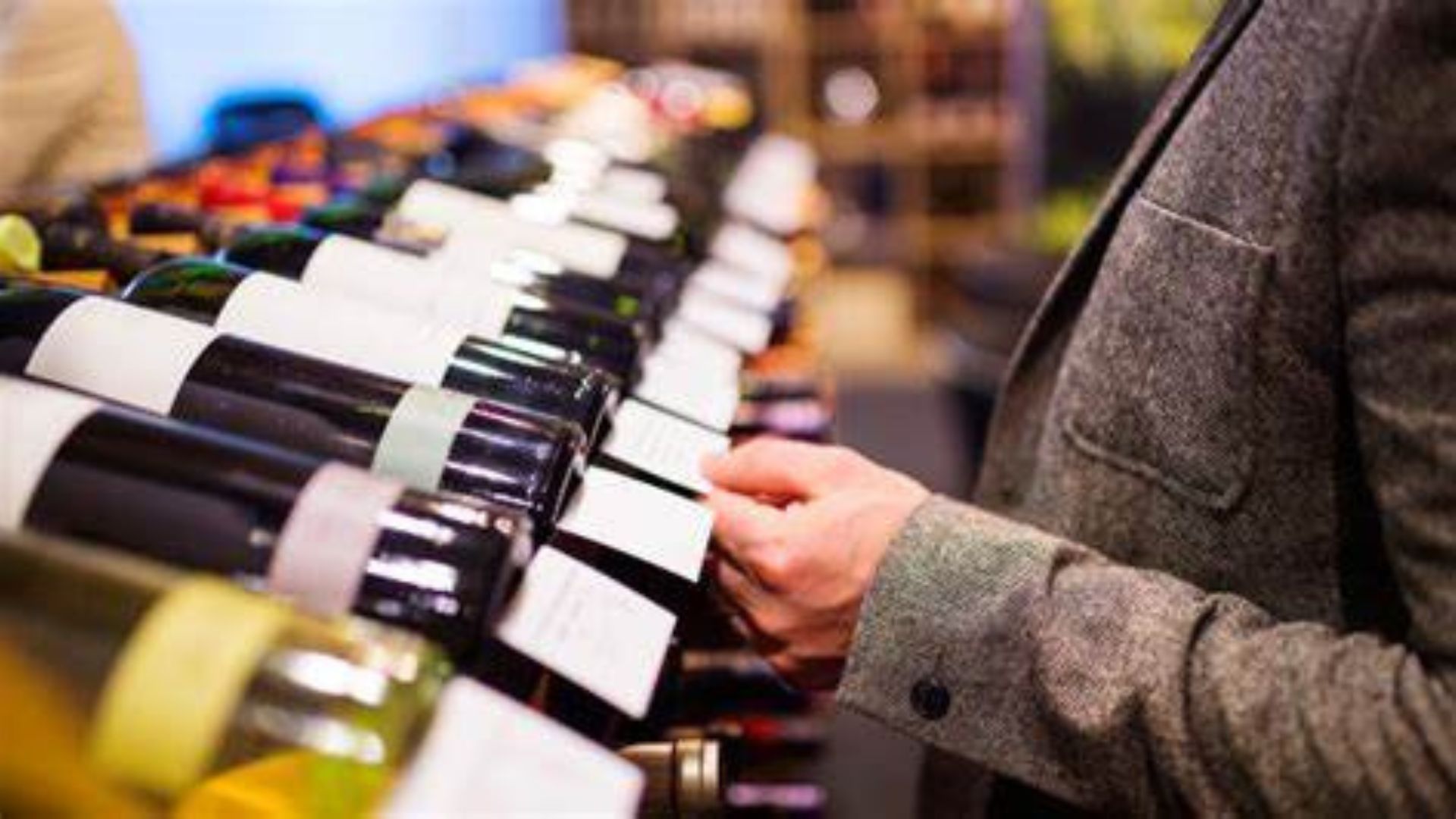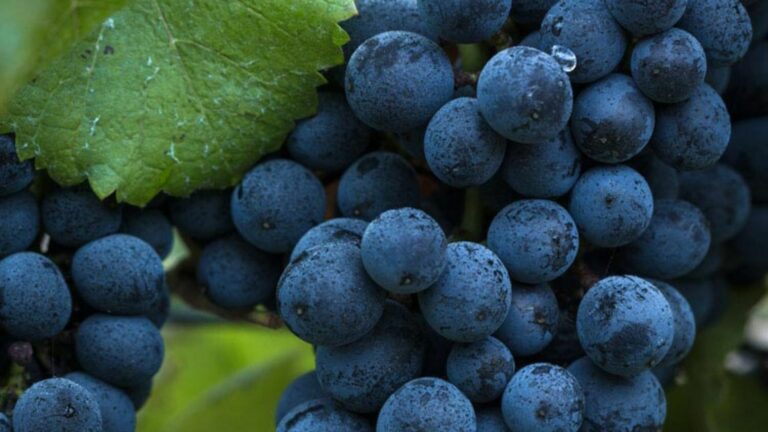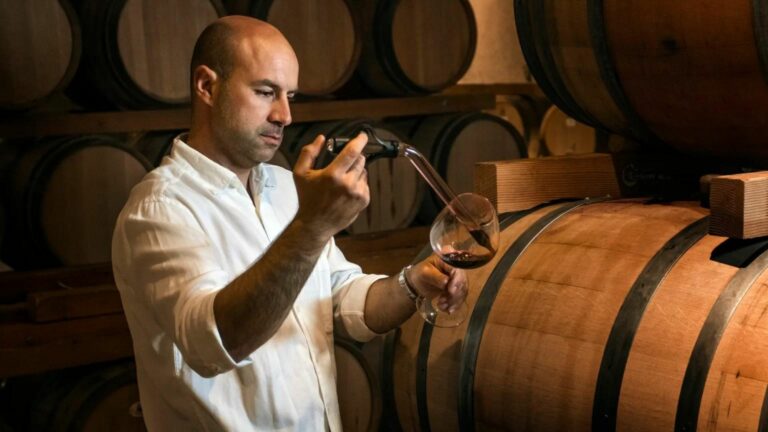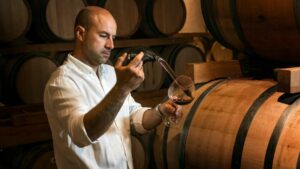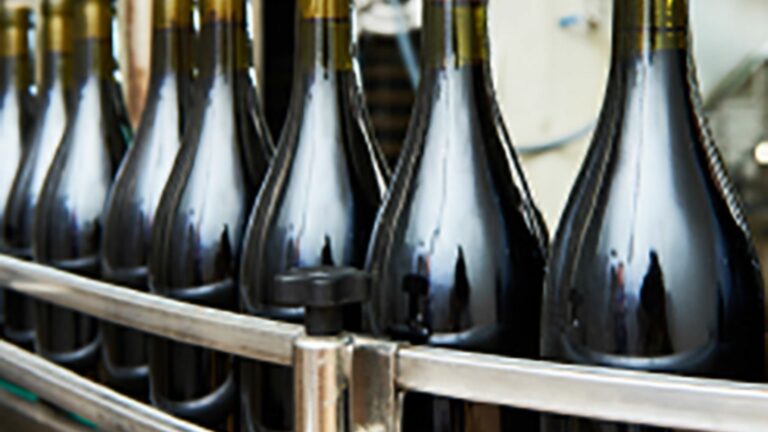In a world where wine consumption is on the rise and consumers seek unique and memorable experiences, the art of selling wine has evolved beyond traditional methods. Today, successful wine sales require creativity, innovation, and a deep understanding of consumer preferences and trends. In this article, we’ll explore a range of innovative ideas for selling wine that will help wineries, retailers, and distributors stand out in a competitive market and captivate consumers with their offerings.
Personalized Wine Tasting Experiences
Offering personalized wine tasting experiences is a highly effective way to engage customers and showcase your wine portfolio. Instead of a one-size-fits-all approach, tailor tasting experiences to individual preferences, allowing customers to sample wines that align with their taste preferences, dietary restrictions, and interests. Consider offering themed tastings such as “New World vs. Old World,” “Wines of a Specific Region,” or “Food and Wine Pairing” to cater to different preferences and provide educational insights. By offering personalized tastings, you not only create memorable experiences for customers but also increase the likelihood of sales and repeat visits.
Collaborative Events and Partnerships
Collaborating with local businesses, influencers, and organizations can amplify your reach and exposure in the community and attract new customers to your wine offerings. Host collaborative events such as wine and cheese pairings with local cheese shops, wine dinners with restaurants, or pop-up tastings at art galleries or boutiques. Partner with influencers or wine bloggers to host virtual tastings or social media campaigns, leveraging their audience and credibility to promote your wines to a wider audience. By forming strategic partnerships and alliances, you can tap into new markets, strengthen brand awareness, and drive sales through shared marketing efforts and cross-promotion.
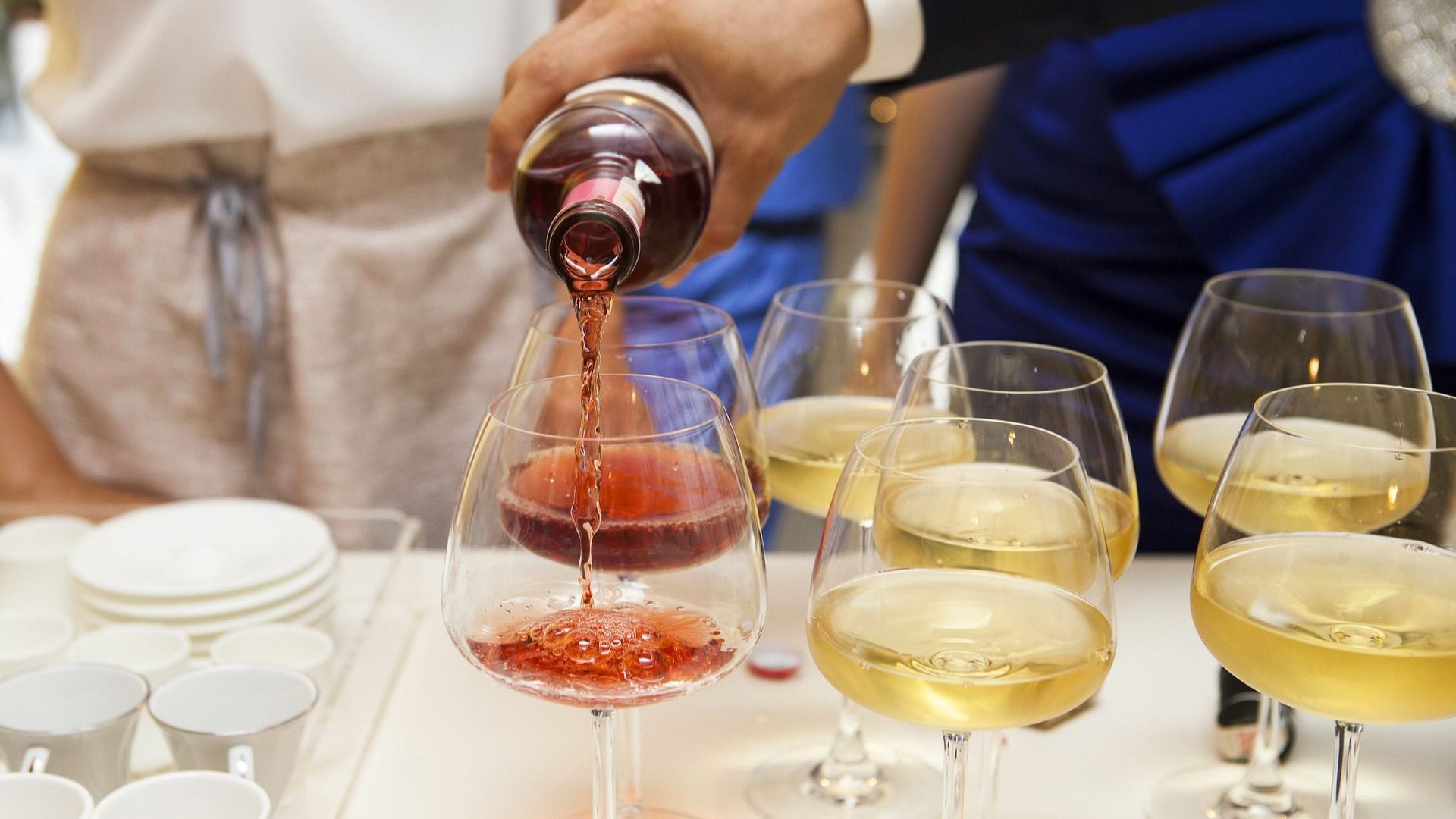
Interactive Online Sales Platforms
In today’s digital age, online sales platforms offer a convenient and accessible way for customers to purchase wine from the comfort of their homes. Enhance your online sales platform with interactive features such as virtual tastings, live chat support, and personalized recommendations based on customer preferences and past purchases. Create engaging content such as video tutorials, behind-the-scenes footage, or virtual vineyard tours to educate and inspire customers and drive interest in your wines. Offer flexible shipping options, subscription services, and exclusive online promotions to incentivize online purchases and encourage customer loyalty. By creating a seamless and engaging online shopping experience, you can attract new customers, drive repeat sales, and expand your reach beyond traditional brick-and-mortar channels.
Storytelling and Brand Narrative
In a crowded marketplace, storytelling and brand narrative are powerful tools for differentiating your wines and creating emotional connections with customers. Share the unique story behind each wine, including its origins, winemaking techniques, and the people and places that inspire it. Use compelling imagery, videos, and written content to bring your brand narrative to life and evoke emotions such as nostalgia, adventure, or romance. Engage customers in interactive storytelling experiences such as virtual wine tours, live Q&A sessions with winemakers, or themed tasting kits that transport them to the heart of the wine country. By crafting authentic and compelling brand narratives, you can capture the imagination of customers and build lasting relationships that extend beyond the bottle.
Sustainability and Social Responsibility
With increasing awareness of environmental and social issues, sustainability and social responsibility have become important considerations for consumers when making purchasing decisions. Showcase your commitment to sustainability and social responsibility by highlighting eco-friendly practices such as organic or biodynamic farming, renewable energy use, or water conservation efforts in your winemaking process. Support local communities and charitable causes through initiatives such as fundraisers, donations, or partnerships with non-profit organizations. Communicate your sustainability efforts and social impact through labeling, packaging, and marketing materials to appeal to conscious consumers and differentiate your wines in the marketplace. By aligning your brand with values that resonate with consumers, you can attract a loyal customer base and drive sales through purpose-driven purchasing.
Conclusion
In conclusion, the landscape of wine sales is evolving rapidly, and success requires embracing innovation, creativity, and customer-centric strategies. By offering personalized tasting experiences, collaborating with partners, enhancing online sales platforms, crafting compelling brand narratives, and prioritizing sustainability and social responsibility, wineries, retailers, and distributors can differentiate their offerings, engage customers, and drive sales in a competitive market. As the wine industry continues to evolve, those who are willing to think outside the box and adapt to changing consumer preferences and trends will be well-positioned to thrive and succeed in the dynamic world of wine sales.

